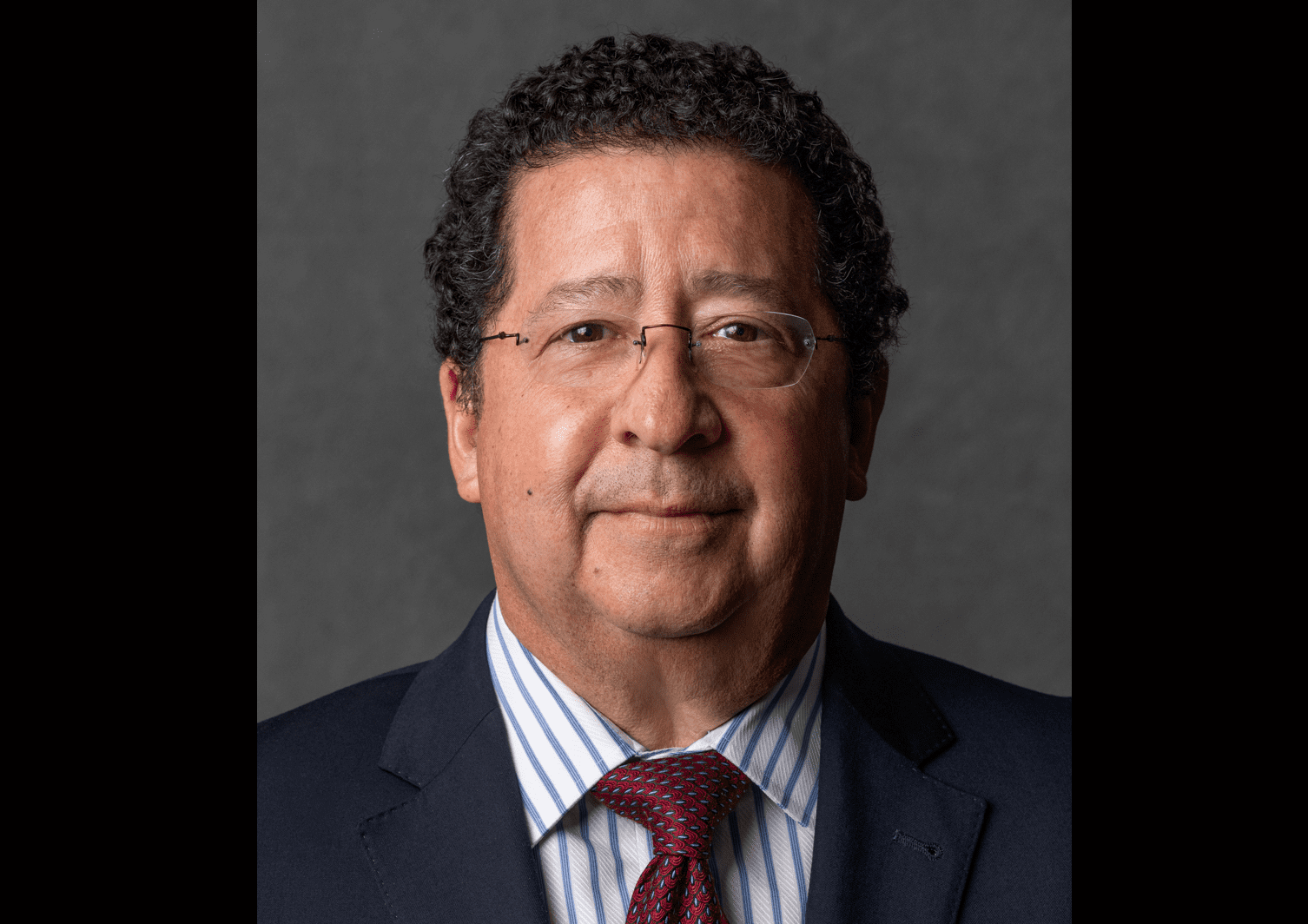David Goldwyn, President of Goldwyn Global Strategies LLC, and former US State Department’s special envoy and coordinator for international energy affairs, recently delved into the implications of Venezuela’s heightened claim on Guyana’s Essequibo region and its impact on U.S. sanctions imposed on the country. Speaking on S&P Global Commodity Insights’ podcast, Goldwyn suggested that if Venezuelan President Nicolas Maduro were to resort to force against Guyana, it could trigger severe international sanctions akin to those imposed on Iran.
Maduro’s recent escalation of threats to annex a significant portion of Guyana, according to Goldwyn, signals his growing concern about the 2024 elections. Goldwyn emphasized this as a strategy to rally nationalist sentiment, which he views as a tactic to bolster support during the elections. Despite the claim’s lack of international legal foundation, it resonates with both Venezuela’s opposition and Maduro’s regime, serving as a popular campaign tactic, he said.
Regarding U.S sanctions on Venezuela, Goldwyn outlined the Biden administration’s approach, contingent upon Maduro’s actions. He mentioned the possibility of sanctions relief in exchange for electoral reforms and international observers in Venezuela’s elections. However, failure to meet these commitments by the first quarter of 2024 might result in sanctions being reinstated by April 2024. The current sanctions relief targets Venezuela’s oil, gas, and gold sectors. Other sanctions imposed due to the suppression of protests and the erosion of democracy remain in place.
Goldwyn highlighted the potential consequences if Maduro were to use force against Guyana, calling it a “catastrophic mistake” that could prompt severe international repercussions. He drew parallels to Iran-style sanctions, envisioning a scenario where all U.S. companies and financial transactions with Venezuela would be prohibited, possibly even barring the use of the dollar by Venezuela.
“Maduro’s attempt to re-engage with the international community would be extinguished. All U.S. companies, and frankly, all financial transactions, and possibly even the use of the dollar by Venezuela would be prohibited. And this would all come crashing down on Maduro. I do not think he is foolish enough to do this,” he said.
Goldwyn acknowledged this as “sabre-rattling” but cautioned that such actions could dramatically alter U.S. policy towards Venezuela.
Tensions between Guyana and Venezuela have escalated in recent weeks, primarily due to Venezuela’s heightened claim over the Essequibo region. Things peaked when Venezuela issued measures to enact its December 3 referendum. The World Court had ruled that Venezuela should do nothing to fan the flames of tensions with Guyana. Venezuela disregarded this. Maduro unveiled a revised map of his nation, incorporating the Essequibo region. Along with this, he issued directives for the formation of fresh administrative bodies responsible for issuing licenses for oil, gas, and mineral exploration in the Essequibo area. Furthermore, he put forth a proposal for enacting legislation aimed at establishing designated environmentally protected zones, potentially serving as hubs for tourism and preserving biodiversity.
Things simmered after Guyana’s President Irfaan Ali and his counterpart Nicolas Maduro met at the Argyle Airport for talks brokered by St. Vincent Prime Minister Ralph Gonsalves.
At the end, the Argyle Declaration was issued with both countries pledging to keep the peace.
Read more about it here: Argyle Declaration.
About David Goldwyn
David Goldwyn is president of Goldwyn Global Strategies, LLC (GGS), an international energy advisory consultancy, and chairman of the Atlantic Council Global Energy Center’s Energy Advisory Group. He is a globally recognized thought leader, educator, and policy innovator in energy security and extractive industry transparency. Goldwyn served as the US State Department’s special envoy and coordinator for international energy affairs from 2009 to 2011 and assistant secretary of energy for international affairs (1999-2001). He is the only person to hold both the US government’s international energy leadership positions. He also served as national security deputy to US Ambassador to the United Nations Bill Richardson (1997-98) and chief of staff to the US Under Secretary of State for Political Affairs (1993-97).



